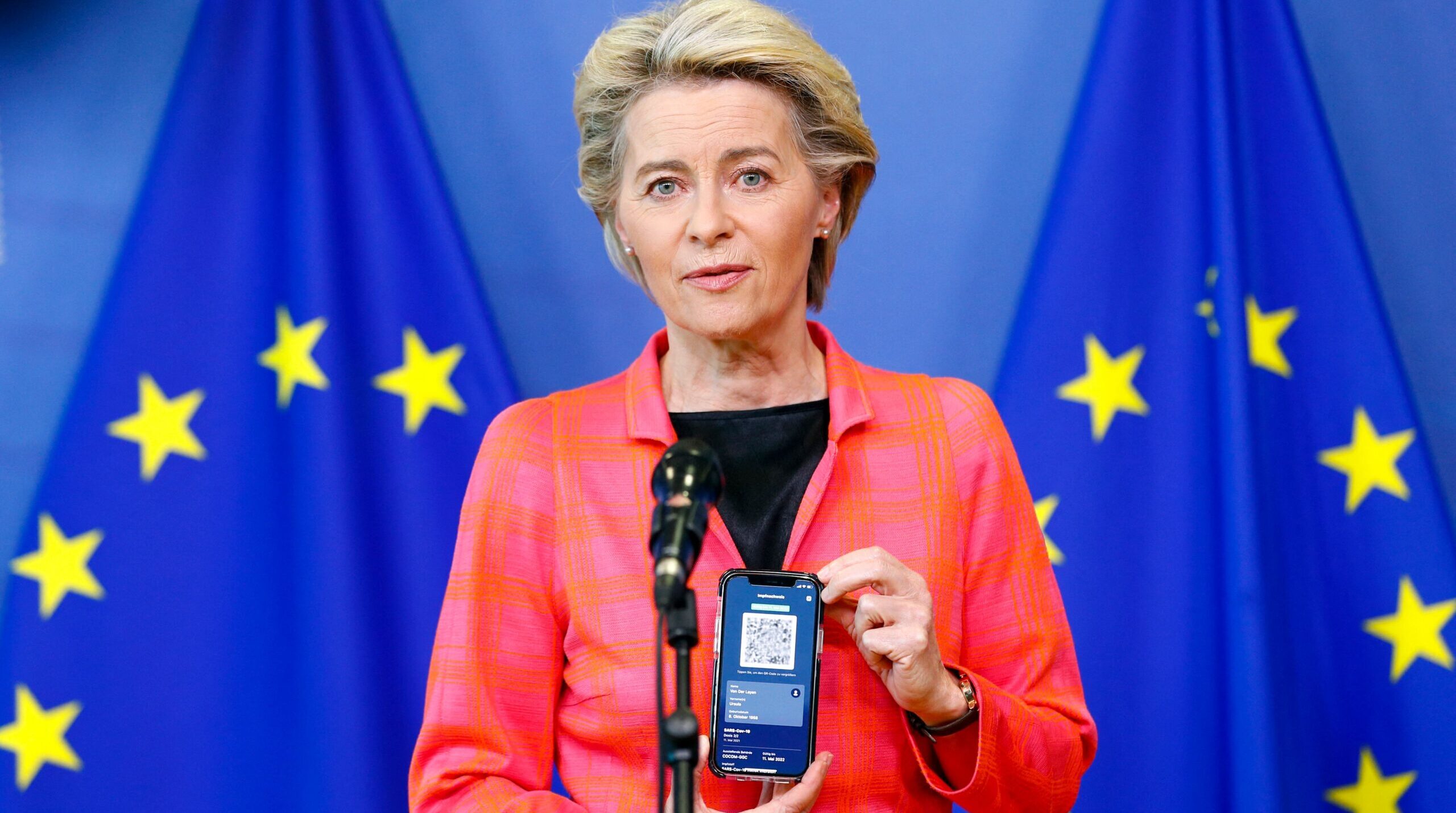As if the single market and the single currency weren’t enough, the European Union is about to get a single ID system.
Under proposals agreed member states and the European Parliament this week, every EU citizen will be entitled to a European Digital Identity (eID) which will operate through the eID “wallet”.
An electronic wallet, kept on a computer or mobile phone, stores, displays and verifies important documents in digital form. These tend to have specialised uses, like making financial transactions. The new EU system, however, is intended to be comprehensive. According to the European Commission’s own website, potential uses include storing ID cards, birth certificates and medical information. It can also be used to open a bank account, apply for a loan or show proof of age.
There’s no technical reason why it couldn’t be used as a driving license or even a passport. In short, if something can be digitised and requires proof of ID, then the eID wallet is there to handle it — and do so seamlessly across the EU’s internal borders.
Therefore, assuming the technology works, the eID system may prove highly convenient. In fact, it is likely to be indispensable. The Commission says that it is “available to any EU citizen, resident or business in the EU who wants to use it” (my italics), but how long will it be before individuals and organisations have to use it?
So far, opposition appears to be limited to Europe’s Right-wing populists. And no wonder, because to those who fear the imposition of a transnational surveillance state, the eID system looks like their nightmares come true. For instance, the spread of electronic wallets through the EU population provides the necessary infrastructure for a Central Bank Digital Currency — and hence the eventual abolition of physical cash. Meanwhile, anti-vaxxers might fear the ability of the system to store vaccination certificates (and to provide notification of the absence thereof). As for location tracking, the authorities have multiple ways of doing that already, yet eID could bring these together: “one ring to rule them all, one ring to find them…”
As the project nears fruition, expect protests. But also expect establishment politicians not to listen. With the key decisions being made at EU level, national governments would be insulated from any backlash. What’s more, the implementation is likely to favour EU-based business interests — so one can add concerted lobbying efforts to the political momentum.
Like it or not, then, eID is coming, though not, of course, to the UK. That’s not to say that we won’t one day have electronic ID cards of our own. I don’t like the idea, but if we ever want to control our borders, we may have to accept them.
Any yet, even though we can’t ignore these new technologies — we can decide how to implement them. Further, because we left the EU, we can make these decisions for ourselves as a free and sovereign nation. Not for the first time, we should be grateful for Brexit.











Join the discussion
Join like minded readers that support our journalism by becoming a paid subscriber
To join the discussion in the comments, become a paid subscriber.
Join like minded readers that support our journalism, read unlimited articles and enjoy other subscriber-only benefits.
Subscribe